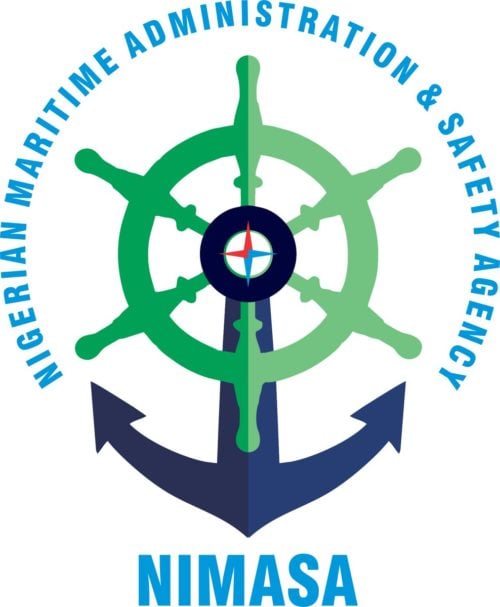The Nigerian Maritime Administration and Safety Agency has accredited 27 registered shipyards across the country.
This is in accordance with its mandate enshrined in Section 22 of the NIMASA Act, 2007, and sections 335-339 of the Merchant Shipping Act, 2007, which gives the agency statutory powers to regulate, license, inspect and enforce standards for shipyard operations in Nigeria.
According to a statement on Sunday by the Deputy Director/Head of Public Relations at NIMASA, Osagie Edward, out of the 27 accredited facilities, 10 are located in Lagos State, eight in Rivers State, and nine in Delta State.
“These are the only shipyards that have so far complied with the agency’s stringent regulatory, safety, and operational standards,” the statement read in part.
According to the statement, as a direct benefit of this accreditation, vessels to be built at these facilities will be assigned a Keel Identification Number by the agency’s Maritime Safety and Seafarers Standards Department at the time of construction, in accordance with the “Certificate of Plan and Specification Approval”. This KIN will make such a vessel eligible to obtain an International Maritime Organisation number.
It added the verification and accreditation process is a continuous one, aimed at ensuring operational excellence across the nation’s maritime value chain. By maintaining an updated and transparent registry of accredited facilities, NIMASA seeks to enhance industry confidence, protect investments, and align local operations with global best practices.
The Director-General of NIMASA, Dr Dayo Mobereola, emphasised that the accreditation exercise forms part of the agency’s broader drive to enhance safety and streamline operational efficiency in the maritime industry.
“Our goal is to ensure that every shipyard operating in Nigeria adheres to international standards of safety, environmental protection, and operational efficiency. By maintaining a transparent and credible register of accredited facilities, we are boosting investor confidence, protecting maritime assets, and promoting sustainable industry growth. This underscores the agency’s sustained commitment to promoting transparency, safety, and quality service delivery in ship repair, dry-docking, and vessel construction within Nigeria,” Mobereola stated.
A shipyard (also known as a dockyard) is a specialised industrial facility where ships and other types of marine vessels are constructed, repaired, and maintained. Shipyards play a vital role in both commercial maritime trade and naval defence operations. They are used to design and assemble new vessels, including cargo ships, tankers, fishing vessels, cruise liners, and naval warships. The process involves stages like steel cutting, block fabrication, hull assembly, launching, and outfitting. They are also used for periodic maintenance, overhauls, and upgrades of existing vessels.
The ship-building and repair industry in Nigeria contributes a modest share of the economy. Historically, Nigeria had a number of ship-repair yards, but many have fallen into disuse. For instance, in 2012, there were some 19 ship-repair yards, but 85 per cent were under-utilised.
The country still lacks a strong capacity for building large ocean-going vessels; many vessels are sent abroad for dry-docking or major overhauls.















